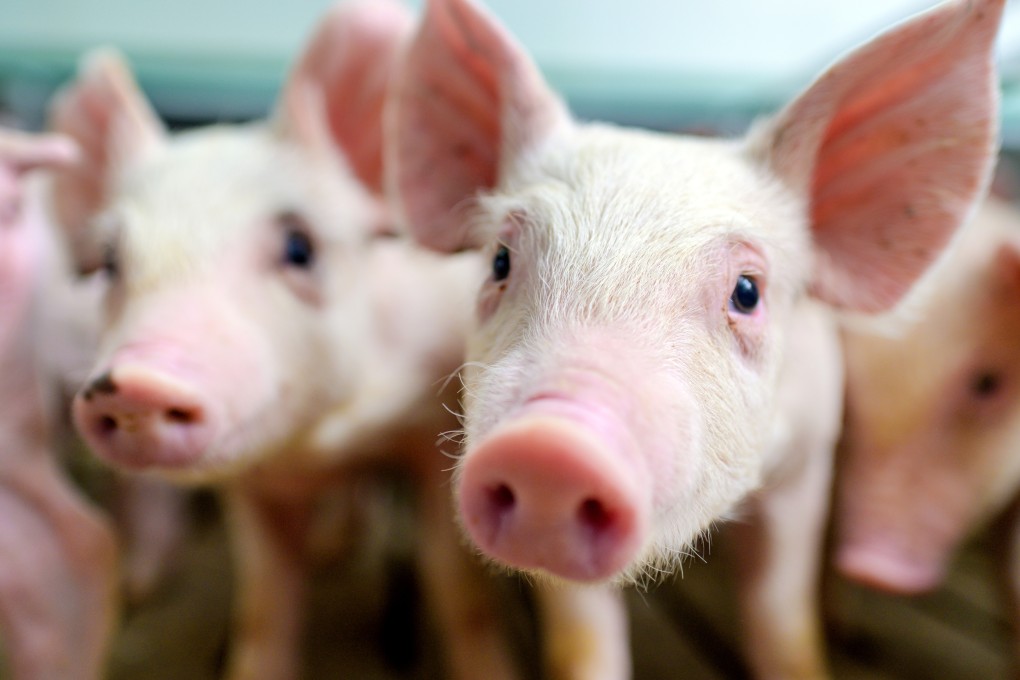Chinese team grows humanised kidneys in pigs for first time, raising transplant hopes – and ethical concerns
- Scientists in China grow organs inside pig embryos, offering potentially ‘groundbreaking solution’ as patients face donor shortage
- Researchers use gene-editing tool CRISPR to allow human cells to grow, but results raise questions about ethics

Researchers at the Chinese Academy of Sciences Guangzhou Institutes of Biomedicine and Health published their findings in the journal Cell Stem Cell on Thursday, showing the potential to grow organs for transplant and research in pigs.
According to China Science Net, it is the first time a solid human organ has been grown inside another species.
Kidneys are one of the most commonly transplanted organs. However, donor kidney shortages make it difficult to provide healthy organs to recipients who need them.
Growing human organs in large mammal embryos “would be a groundbreaking solution” to this problem, according to the paper.
Out of more than 1,800 embryos involved in the study, five embryos succeeded in growing without degenerating, and these embryos grew kidneys containing 50 to 60 per cent human cells. Due to ethical considerations and the risk of embryonic degradation, gestation was stopped at 28 days, according to the paper.